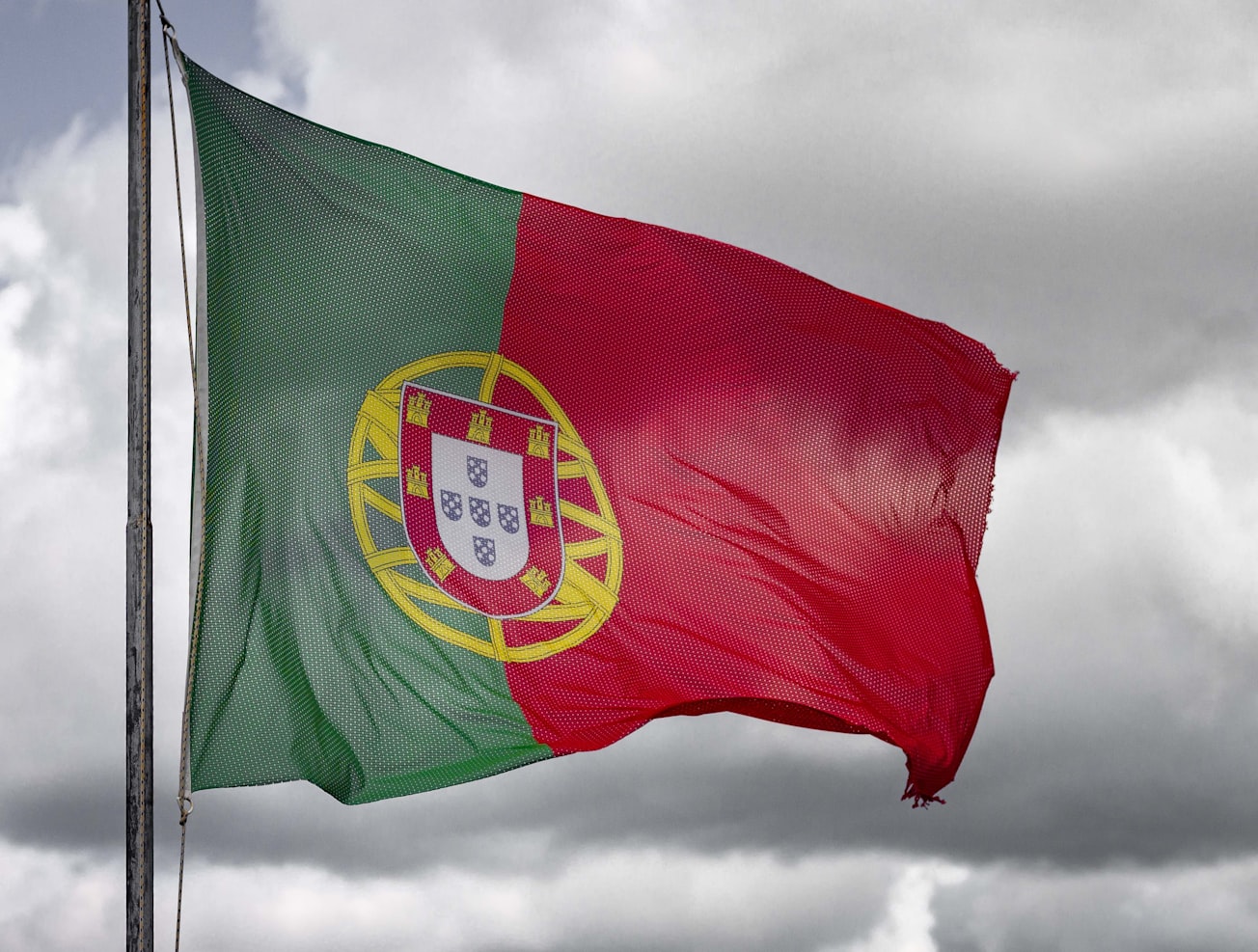What is it about?
The role of anti-communist popular protest in the success of electoral democracy in revolutionary Portugal (1974-1975). It challenges the narratives which stress the role of elite organisations such as the Catholic Church, the Socialist Party leadership or the US embassy.
Featured Image

Photo by Luís Feliciano on Unsplash
Why is it important?
Social movement studies on the Portuguese Revolution have pitted electoral democracy against popular mobilisation. The revolution swarmed with economic and social struggles, self-management, collective learning and popular direct action, an empowering process which came to an end with the stabilisation of electoral democracy. Notwithstanding, this article shows that electoral democracy itself was the result of sustained popular mobilisation, a finding which invites to reconsider the role of social movements in political crises.
Perspectives
Readers may find a strong resemblance between Portugal in 1975 and the colour revolutions of the early 2000s, with popular movements challenging the government in the name of electoral democracy.
Dr Diego Palacios Cerezales
University of Stirling
Read the Original
This page is a summary of: Civil Resistance and Democracy in the Portuguese Revolution, Journal of Contemporary History, July 2016, SAGE Publications,
DOI: 10.1177/0022009416641496.
You can read the full text:
Resources
Contributors
The following have contributed to this page










